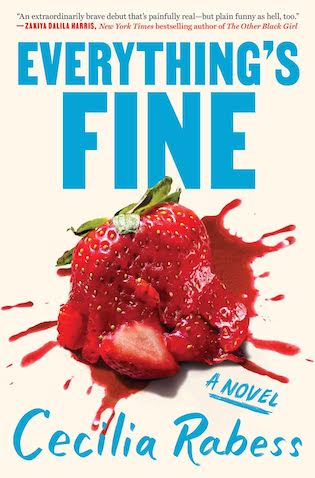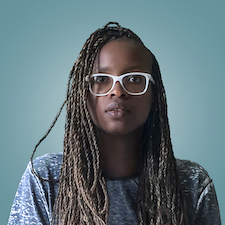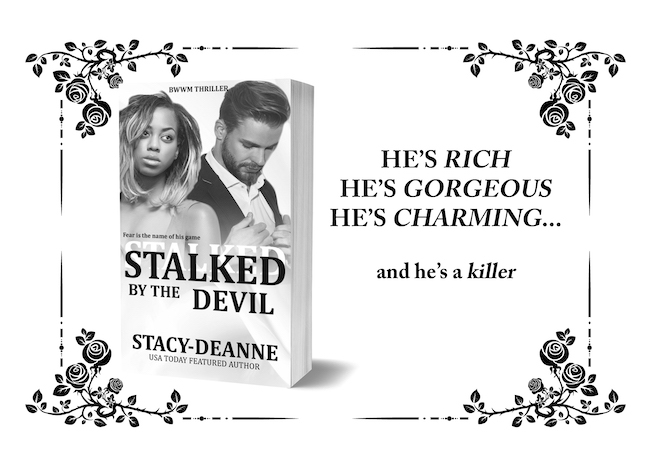
The incredible Sheila from Book Journey is once again organizing the First Book of The Year 2024 edition. This is Sheila’s 11th year of hosting this yearly event. Sheila, have I known you already for 11 years?
This is my 11th year participating in the First Book of the Year.
So what is First Book? First Book is the first book you plan on reading in the New Year. It can be a long-coveted read you have not had time for, a guilty pleasure read like a re-read of a favorite… really it can be anything – it is…after all…YOUR First Book.
If you are interested in taking part be sure to head over to Sheila’s blog.
Every December I always struggle with finding the right book to start the new year because I want to start the year right. I have to admit that it takes quite some time to pick out my book. At this time I currently don’t have a book picked out so be sure to check back at the end of the month to see what I have selected.
Will you be taking part?
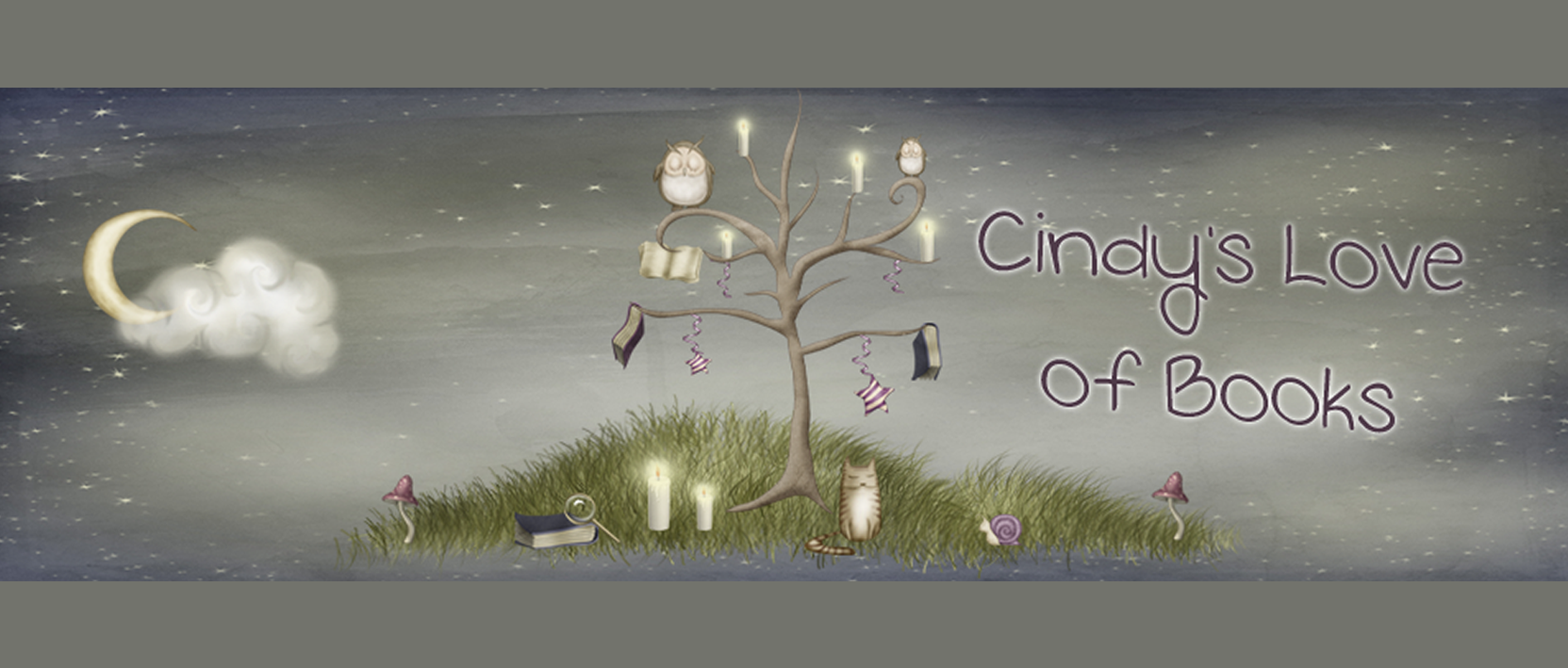
 Unsettled by Patricia Reis
Unsettled by Patricia Reis 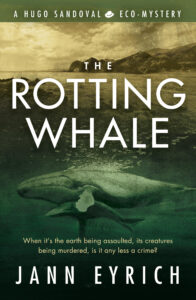 The Rotting Whale: A Hugo Sandoval Eco-Mystery (A Hugo Sandoval Eco-Mystery, 1) by Jann Eyrich
The Rotting Whale: A Hugo Sandoval Eco-Mystery (A Hugo Sandoval Eco-Mystery, 1) by Jann Eyrich 

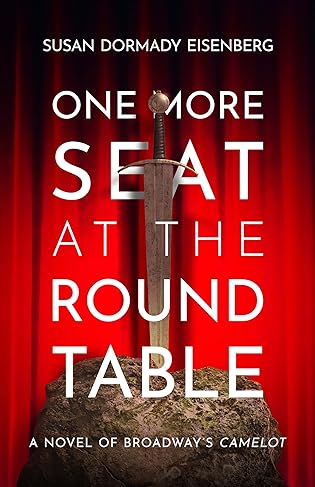 One More Seat at the Round Table by Susan Dormady Eisenberg
One More Seat at the Round Table by Susan Dormady Eisenberg 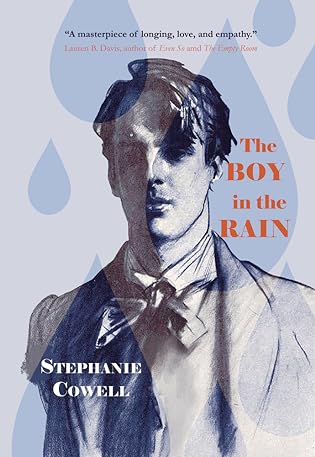 The Boy in the Rain by Stephanie Cowell
The Boy in the Rain by Stephanie Cowell 
